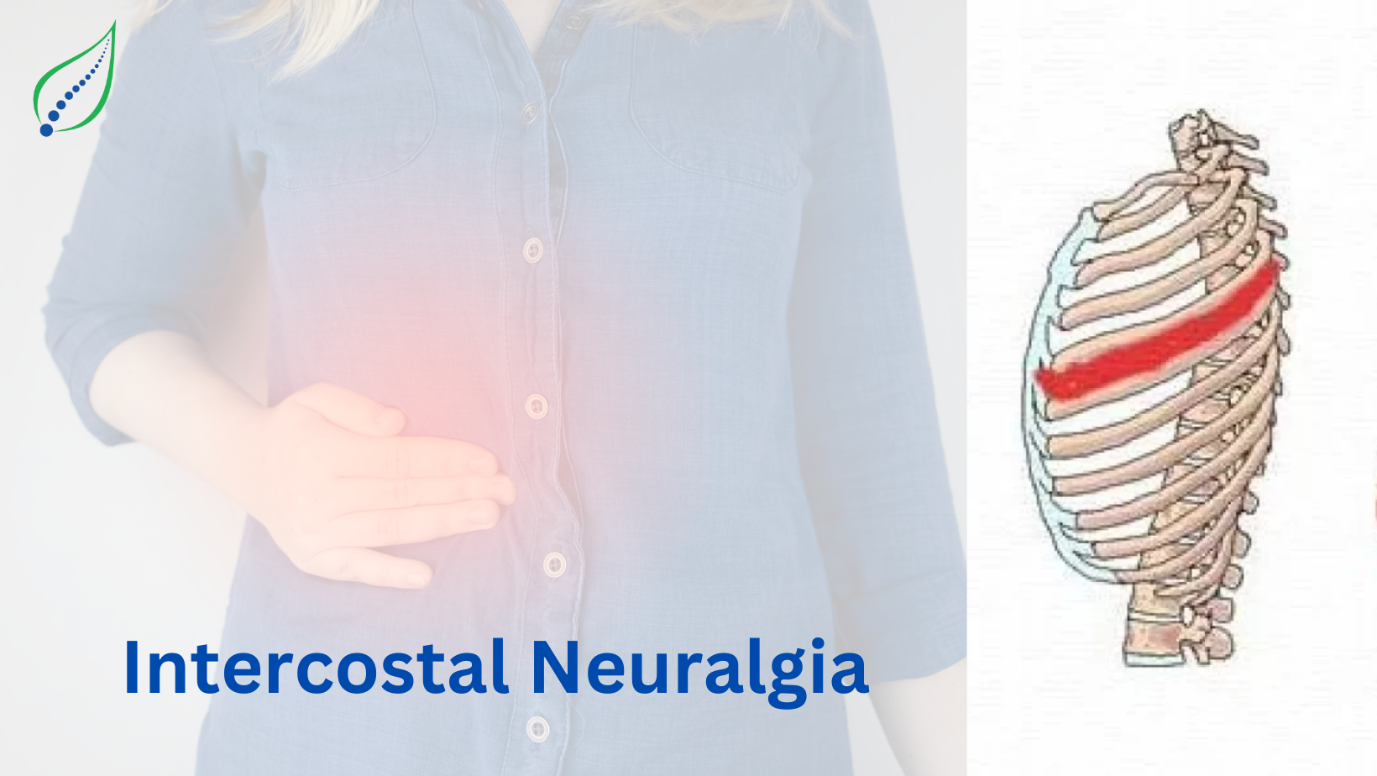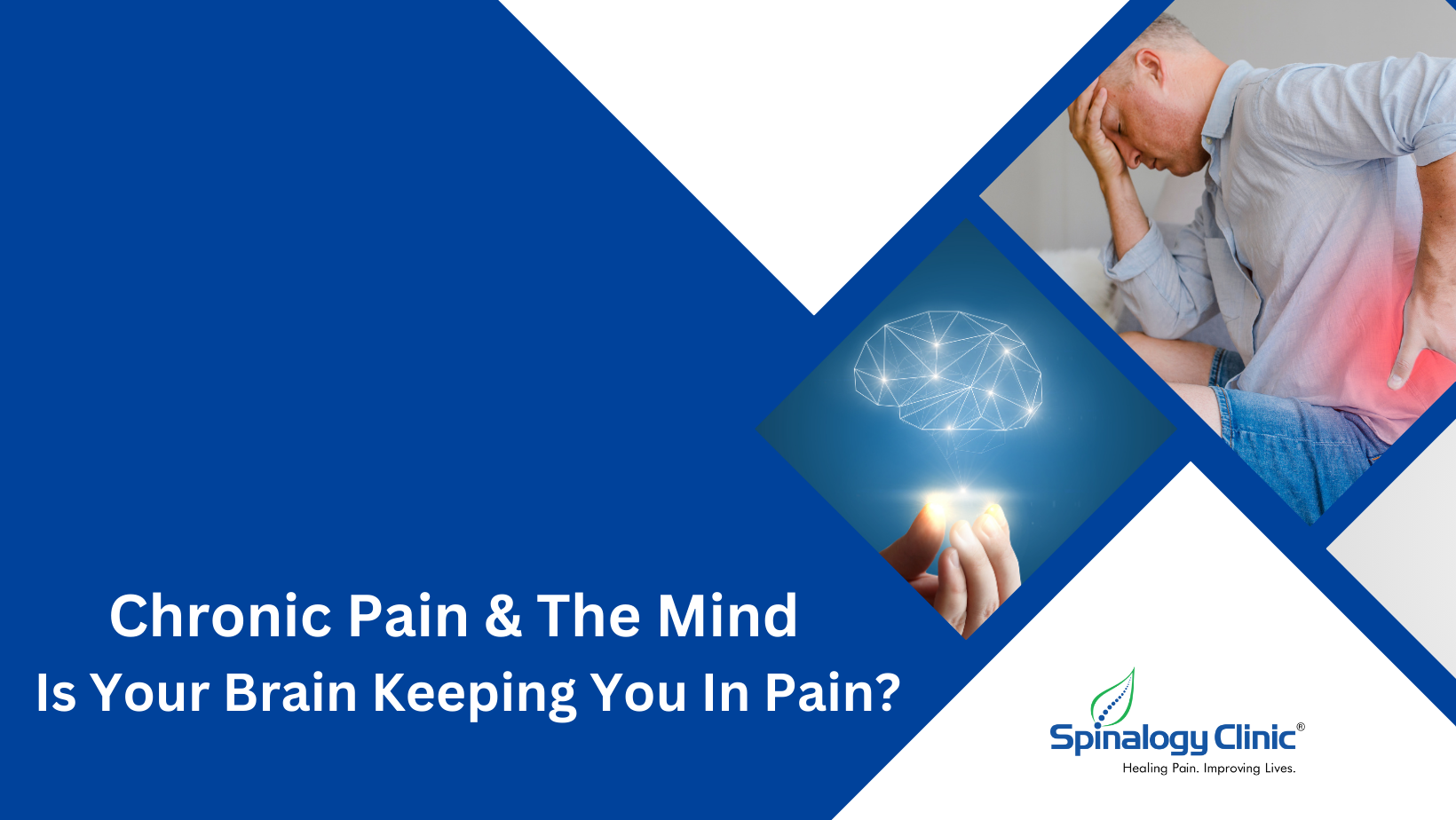Intercostal Neuralgia
Intercostal neuralgia is a condition in which an individual experiences neuropathic pain in the area corresponding to the intercostal nerves. These nerves radiate throughout a person’s rib cage and abdomen.
Even gentle physical activities like deep breathing or stretching may make the pain worse. It may also become more intense when you laugh, cough, or sneeze.
Symptoms:
The main symptom of intercostal neuralgia is burning, sharp, or shooting pain. This pain may be felt:
- Pain around the ribs, chest and upper back.
- A squeezing pressure sensation that wraps around the chest from front to back.
- Tingling.
- Numbness.
- Reduced motor function around the affected area (in severe cases).
- Involuntary muscle twitching.
- Loss of appetite.
- Muscle atrophy.
Causes:
Intercostal neuralgia is caused by irritation, inflammation, or compression of your intercostal nerves, which are just below your ribs. A number of things can cause this, including:
- Chest trauma.
- Intercostal nerve entrapment.
- Neuritis.
- Any surgical procedure complication which involved opening the chest to access the throat, lungs, heart, or diaphragm.
- Tumor in the chest/abdomen pressing on the intercostal nerves these tumors can be benign or cancerous.
Also, reactivation of herpes infection or shingles is another common cause of intercoastal neuralgia. This viral reactivation does not result in an in active infection, but also does cause painful rash, most often around a person’s mouth.
Investigations:
- Chest XRAY.
- Nerve conduction velocity testing.
- Electromyography.
- Musculoskeletal ultrasound
Testing may also include:
- Exercise stress training: Sometimes called a treadmill test, this test helps your healthcare provider figure out how much the heart can handle with exertion. As the body works harder, it needs more oxygen so it must pump more blood. The stress test can show if the blood supply to the arteries supporting the heart is reduced.
- Electrocardiogram: An electrocardiogram is a simple, painless test that measures the electrical activity of the heart.
- Echocardiography: This test uses sound waves to produce live images of the heart to allow your healthcare provider to figure out how your heart and its valves are functioning.
- Lab: To measure levels of certain cardiac enzymes. If cardiac enzymes are increased, this may indicate a problem with the heart.
Treatment:
- Intercostal nerve blocks: Injections of either a local anaesthetic or a corticosteroid given around the affected intercostal nerves
- Nonsteroidal anti-inflammatory drugs: NSAID pain relievers, such as ibuprofen, and naproxen can help reduce inflammation and pain.
- Radiofrequency ablation: This treatment is usually offered to people who experience frequent episodes of intercostal nerve pain. It involves ablating the specific part of the nerve that is causing pain and other symptoms of intercostal neuralgia.
- Neuropathic pain medication: Medications, such as gabapentin, can be used to block the action of nerves causing pain.

_1742973131.png)
_1742634080.png)

